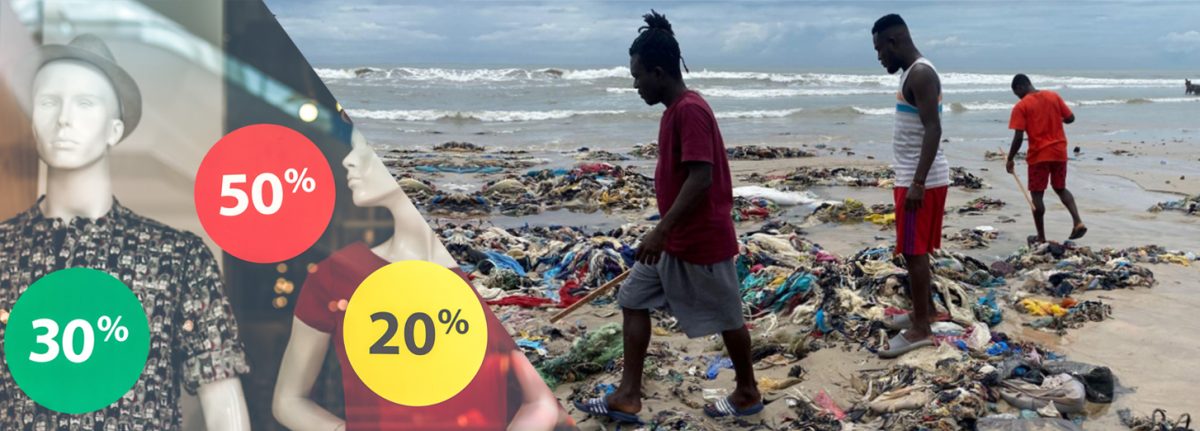New briefing outlining research behind the TPR proposal

During a meeting earlier this year with a team from the European Commission Executive Vice-President for the European Green Deal, Frans Timmermans’ office, the authors of this new paper were asked to supply more background on the Targeted Producer Responsibility they presented.
As the first step in supplying more research-based data and knowledge, the paper entitled “Critical review of Product Environmental Footprint (PEF): Why PEF currently favors synthetic textiles (plastics)” and therefore also fast fashion was sent to the meeting-participants and published online. This was, however, only the first of three papers promised. The second, “Research input for policy development based on understanding of clothing consumption“, a research briefing, goes into the research behind the proposal. It is now sent to the meeting participants and is therefore also made publicly available.
For this research briefing, additional researchers who are not part of the Wasted Textiles project were engaged, and who have also recently been recruited to roles at SIFO: Kate Fletcher and Irene Maldini. Authors from Wasted Textiles are Lisbeth Løvbak Berg (SIFO, OsloMet), Tone Skårdal Tobiasson (NICE Fashion/UCRF), Jens Måge (Norwegian Waste Management and Recycling Association). Kerli Kant Hvass (Revaluate/Aalborg University); and of course, the main author Ingun Grimstad Klepp.
This briefing paper builds on research and evidence from SIFO’s 75 years of consumer research on clothing and the ongoing projects CHANGE, Lasting as well as the mentioned Wasted Textiles, addressing the problem of overproduction of textiles. It draws attention to the importance of incorporating the latest consumer research in the design of Extended Producer Responsibility (EPR) – or rather our suggestion TPR – and other textile policies currently being developed in the EU. It is written by a diverse group of academics and practitioners who are seeking to support change in the sector.
The briefing puts forward that the authors see a trend in various policy discussions and documents based on the belief that making garments more durable, will reduce the quantity of clothing produced. Scientific research does not provide evidence for this, which is exactly what this briefing aims to show. The briefing is, however, not only a criticism of the lack of research-based policy tools. The authors also offer suggestions on how to make these tools effective in the challenge that lies ahead of us: Making fast fashion out of fashion.
Read the full briefing below.